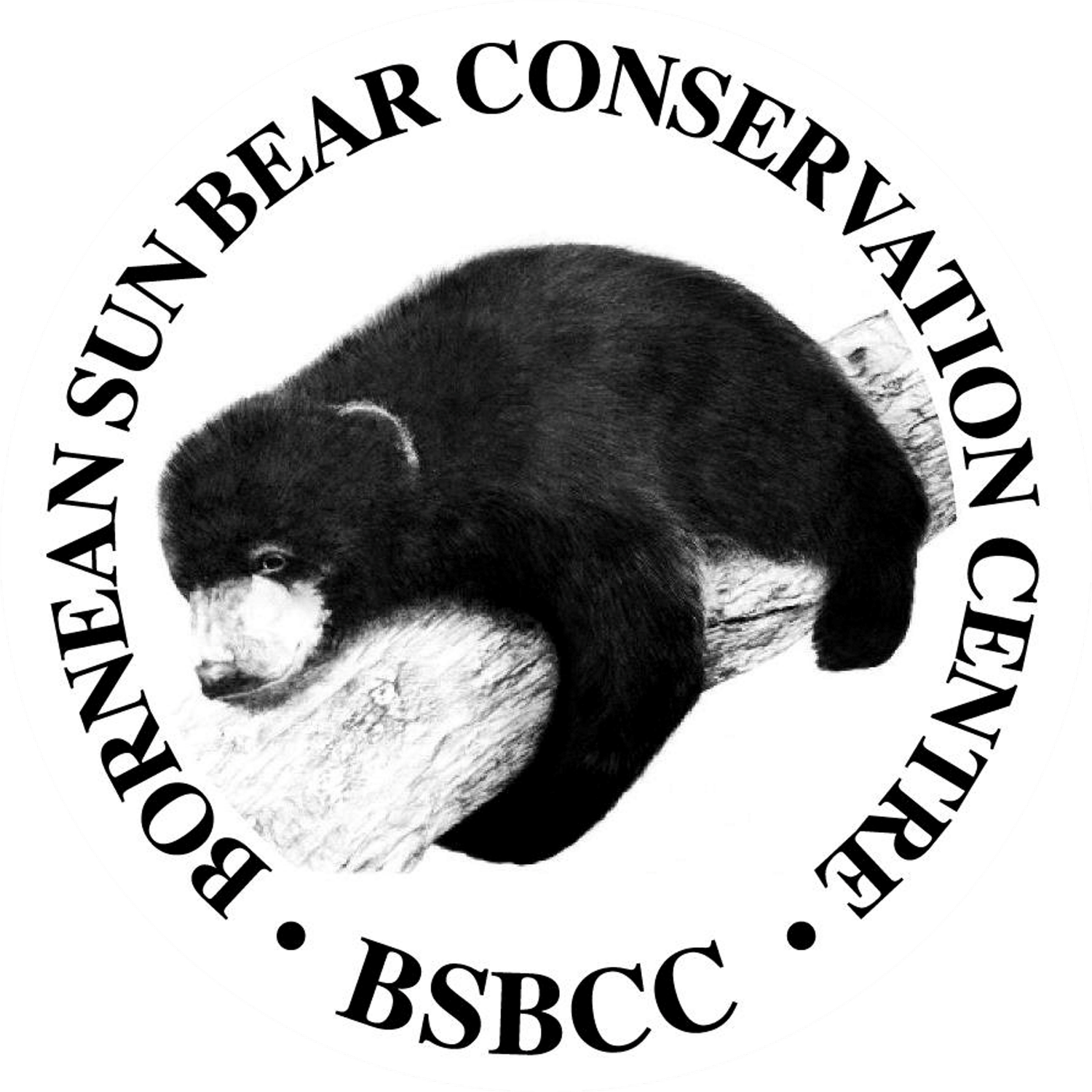Annual Health Check for 34 Sun Bears
Text by Kelvin Chee (Intern student)
Photo by Chiew Lin May
In June an annual health check for all the 34 rescued sun bears (13 males, 21 females) was done. This annual health check was done by the Sabah Wildlife Rescue Unit veterinarian, Dr. Sandy Ling Choo, Dr Laura Benedict, Eco Health Alliance and the BSBCC team. The main procedure of the annual health check was a check through of their pulse, respiration, temperature, assessment of their potential sickness (example: signs of disease, ill health, distress and wounds), inspection of their teeth and claws, taking their blood sample, hair sample, measurement of the body parameters and taking prints of the paw. All the bears were also given vitamins and a de-worming injection. Some of the bears were chosen to move from bear house 1 to bear house 2 or bear house 2 to bear house 1.
In the wild, sun bears are solitary animals and at BSBCC they have taken the innovative approach of integrating sun bears. Integration of the sun bears is one of the rehabilitation processes. In order to enable the best use of space and living conditions.
During this period, there were five bears that were selected to undergo castration (physical removal of both testicles from the male bear). Amaco, Gutuk, Kudat, Julaini and Fulung were castrated based on two conditions:
1. Male bears that will never be released in the wild as they are old, injured or need strong human attention
2. Male bears that will never be involved in a captive breeding programme
We hope the castration will further improve the animals’ welfare, promote social behaviour, further learning of survival skills and effectiveness on space use.
After the annual health check for 28 bears from the bear house, next was the bears in quarantine. There were five bears transferred from the quarantine to the bear house. The bears that transferred to the bear house will be living with other bears the same age and will slowly be released to the natural forest enclosure to promote their social behaviour with other bears. This will encourage them to adapt with the forest environment as well. We are hoping that these bears can adapt well in the forest enclosure and can be released back to the wild later as our objective is to rehabilitate the bears and release them back to the wild.
BSBCC staff is transferring the bear from quarantine to the bear house.
BSBCC staff is transferring the bear from quarantine to the bear house.
At the end of the health check the bears will be unloaded into their new den. The existing bear house residents will be curious, checking out his/her new neighbour or bark. The next step is that we will provide different types of enrichment for the bears which let them learn and adapt to their new environment.
We are grateful and thanks to the Sabah Wildlife Department and all their support, the health check, castration and moving process for all the 34 bears went smoothly.
























